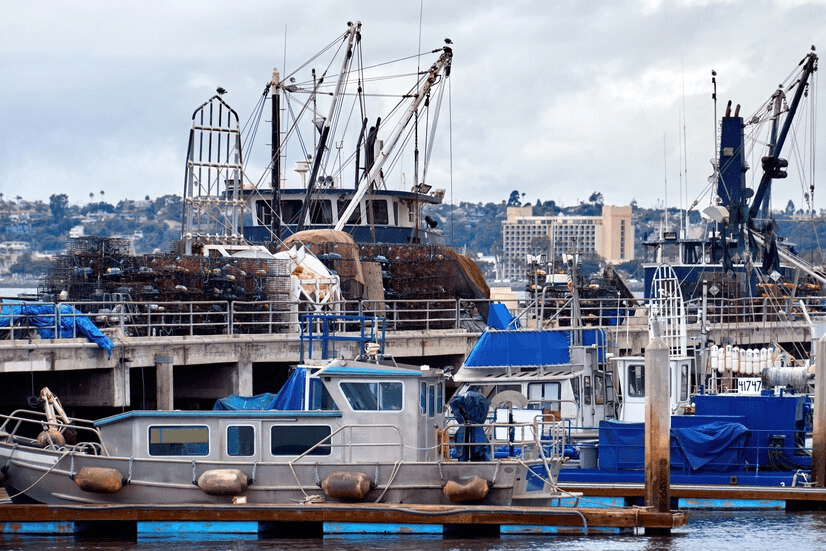Marine vessels, ranging from cargo ships to luxury yachts, rely heavily on complex electrical systems to function efficiently. In such a dynamic and challenging environment, ensuring the safety of both the vessel and its occupants is paramount. Among the various components that contribute to maritime safety, air circuit breakers play a crucial role in safeguarding the integrity of marine electrical systems. This article delves into the significance of air circuit breakers in the maritime industry, highlighting their role in maintaining safety at sea.
The Function of Air Circuit Breakers:
Air circuit breakers (ACBs) are essential devices designed to protect electrical circuits from overloads, short circuits, and other faults. Unlike traditional fuses, which need replacement after a single operation, ACBs can be reset manually or automatically after a fault is cleared, making them indispensable in maritime applications where reliability and continuity of operations are critical.
Importance in Marine Electrical Systems:
In the maritime industry, where vessels are often subjected to harsh environmental conditions and high operational demands, the reliability of electrical systems is non-negotiable. Marine electrical systems power essential functions such as navigation, communication, propulsion, and safety equipment. Any disruption or failure in these systems could have catastrophic consequences, endangering the vessel, its crew, and the environment.
Air circuit breakers serve as the first line of defense against electrical faults, ensuring that excessive currents are quickly detected and isolated before they can cause damage. By interrupting the flow of electricity when abnormalities are detected, ACBs prevent electrical fires, equipment damage, and potential electrocution hazards onboard ships.
Protection Against Overloads:
One of the primary functions of air circuit breakers is to protect electrical circuits from overloads. In marine environments, where electrical loads can fluctuate significantly due to changing operational conditions, the risk of overloading circuits is ever-present. ACBs monitor the current passing through the circuit and trip automatically if the current exceeds the rated capacity, thereby preventing damage to equipment and wiring caused by overheating.
Response to Short Circuits:
Short circuits, which occur when a low-resistance path is created between conductors, pose a severe threat to marine electrical systems. They can result in sudden, excessive currents that can damage equipment and cause electrical fires. Air circuit breakers are equipped with sophisticated trip mechanisms that detect short circuits and quickly disconnect the affected circuits from the power source, minimizing the risk of further damage and ensuring the safety of onboard personnel.
Enhanced Safety Features:
Modern air circuit breakers used in marine applications are equipped with advanced safety features designed to improve their performance and reliability. These features may include built-in ground fault protection, arc flash mitigation systems, and remote monitoring capabilities. By incorporating such features into their electrical systems, ship operators can enhance safety levels and reduce the likelihood of accidents or incidents caused by electrical faults.
Maintenance and Inspection:
To ensure the continued effectiveness of air circuit breakers in marine electrical systems, regular maintenance and inspection are essential. Routine checks should be performed to verify proper operation, cleanliness, and tightness of connections. Any signs of wear, damage, or malfunction should be promptly addressed to prevent potential failures during operation. Additionally, crew members should receive training on the proper procedures for resetting ACBs after they trip and how to respond to electrical emergencies effectively.
Conclusion:
In the maritime industry, where safety is paramount, the importance of air circuit breakers in marine electrical systems cannot be overstated. These critical devices play a vital role in protecting vessels, crew members, and the environment from the risks associated with electrical faults. By ensuring the reliable operation of ACBs through regular maintenance, inspection, and adherence to safety protocols, ship operators can mitigate the potential consequences of electrical failures and safeguard the integrity of their vessels at sea.

As the editor of the blog, She curate insightful content that sparks curiosity and fosters learning. With a passion for storytelling and a keen eye for detail, she strive to bring diverse perspectives and engaging narratives to readers, ensuring every piece informs, inspires, and enriches.










